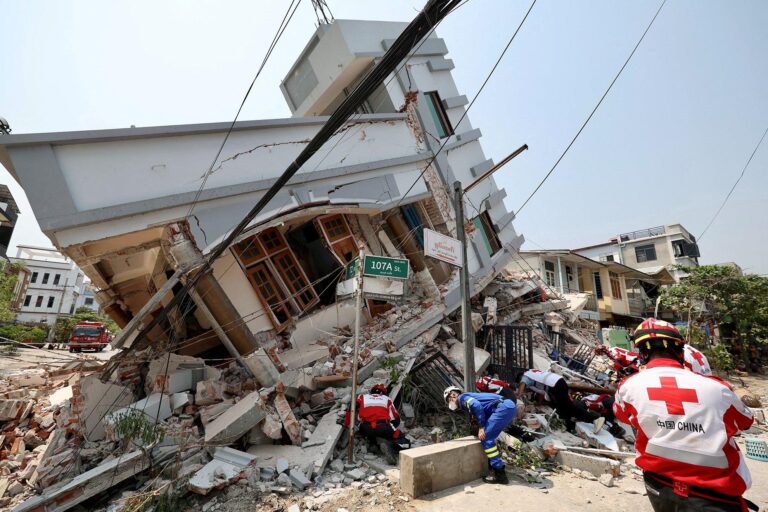The Myanmar Earthquake and MHPSS
The recent earthquake in Myanmar has left a profound impact on its communities. This natural disaster has led to significant loss of life and property. In the aftermath, it is crucial to focus on mental health and psychosocial support (MHPSS) to aid recovery.
Understanding MHPSS
Mental health and psychosocial support play a vital role in disaster recovery. These services help individuals cope with emotional distress and rebuild their lives. Community-based approaches are essential in providing accessible support during such challenging times.
Impact of the Earthquake on Community Mental Health
The earthquake has caused not only physical destruction but also psychological trauma for many individuals. Survivors may experience feelings of anxiety, depression, and isolation. Addressing these concerns through MHPSS initiatives is essential for fostering resilience and rebuilding communities.
Initiatives and Support Systems
Various organizations have stepped in to provide MHPSS in the wake of the earthquake. These initiatives aim to create safe spaces for survivors to share their experiences and seek help. For more information on available resources, visit Borgen Project, which outlines the importance of MHPSS in disaster-affected areas.
The Way Forward
Moving forward, integrating MHPSS into effective disaster response strategies is crucial. Investing in mental health resources will equip communities to better handle future crises. As Myanmar begins its path to recovery, the emphasis on mental health must not be overlooked.
Conclusion
The ongoing effects of the Myanmar earthquake serve as a reminder of the importance of mental health support. MHPSS initiatives are essential in addressing the emotional and psychological needs of survivors. By prioritizing mental health, we can help communities heal and rebuild stronger than before.

